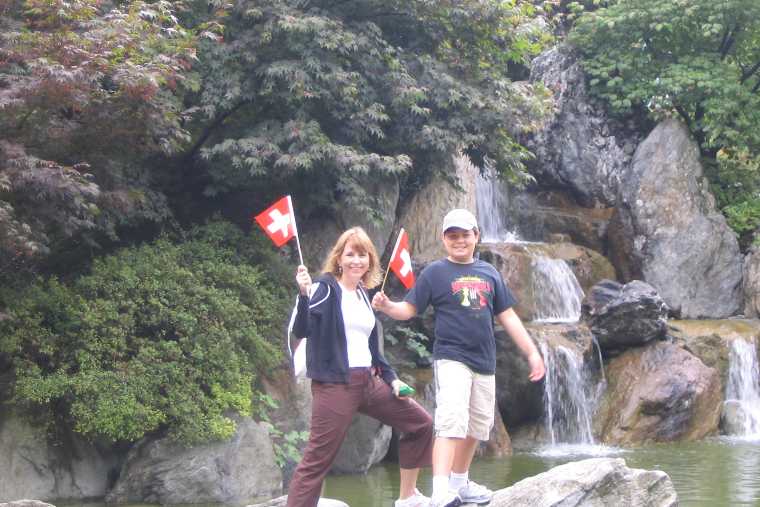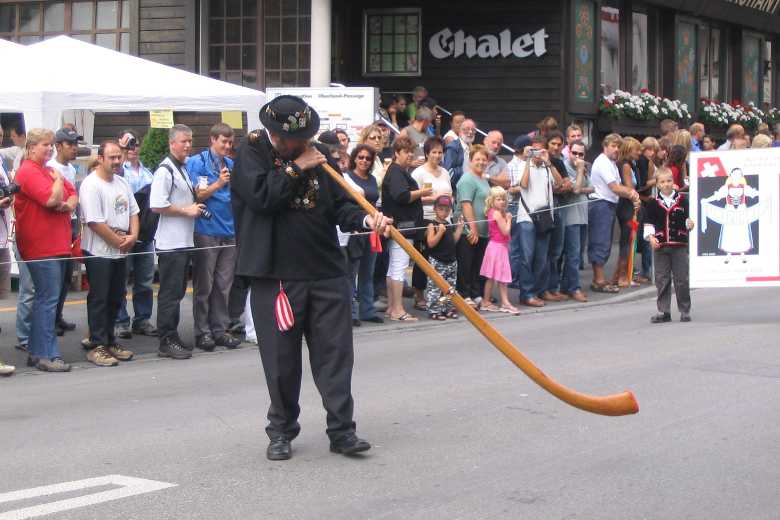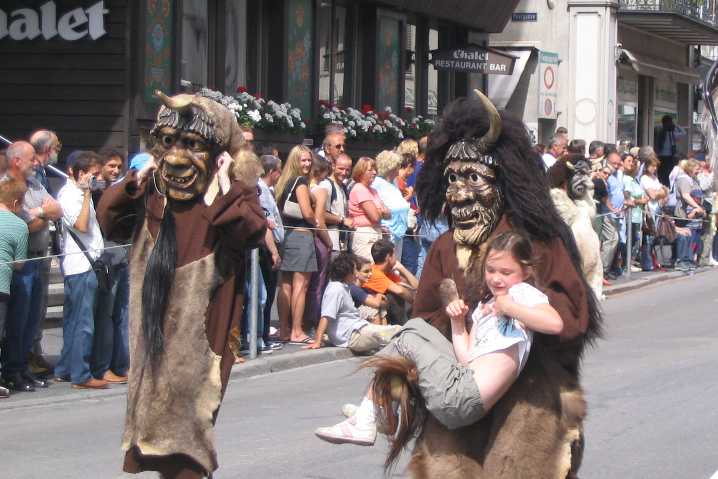I still hear people saying Islam needs a reformation (I suppose because they think that the reformation did wonders for the Christian world’s politics). Callimachus at Winds of Change wrote a wonderful post on the subject a while back, You Say You Want a Reformation. While I don’t disagree with his post, I think there is still more to be covered. First off, the title implies it but Callimachus doesn’t follow up that a reformation really is a revolution, and not all, probably not even a majority, turn out well. The French revolution deposed a King and created an Emperor in his place. The Iranian revolution replaced a repressive and unpopular regime with a far more repressive and unpopular regime, and no doubt has made many Iranians understandably nervous about a second one any time soon. Any revolution carries the risk that things will only get worse.
Secondly, the protestant reformation didn’t actually do what people who call for an Islamic revolution to do for Islam, namely get religion out of politics or change the nature of the religion. The reformed Catholic church was just as involved in politics afterwards, maybe moreso. Nor did it promote religious tolerance, as for instance the Spanish Inquisition was in part a response to the religous ferment at the start of the reformation. During the middle ages the Catholic church was an important political player for two reasons – it was the only universal institution in the Christian world, and it was a feuditory in the fuedal system – i.e a bishop was just another baron, and the Pope even was like a King in the Papal States. The wars that the reformation started did have the effect of strengthening the central state and ushering out the feudal system.
The Reformation did not fundamentally change the nature of Christianity, just it’s organization. We can debate the proper role and balance of faith and works in the Christian life per the various Christian denominations, but they will agree upon what the faith should be in and what the works should be. Certainly the disagreements over theology that loom large within Christianity pale to insignificance as compared to differences with other religions.
Callimachus says that we are looking at an Islamic Reformation right now, and as he observes, not all religions are the same:
For another: There already was an Islamic Reformation. It happened while we were sleeping. The result is Wahhabi dominance, and Islamic Brotherhood, and Bin Laden. This is the Islamic Reformation. We’re fighting it now….
When Christianity reforms — when it goes back to its roots — it tries to foreswear the world. When Islam goes back to its roots, it tries to conquer the world.
OK, I will disagree, Christianity does not foreswear the world. Instead it tries (with mixed success) to love people. Islam at root is a rule based religion, Christianity at root is a relationship based religion. And not only are we facing a current “Islamic Reformation”, Islam had a failed but similar reformation at about the same time as the Christian one. From Venice: The Hinge of Europe 1081-1797, by history professor William McNeil:
Economic difficulties at home and the cessation of victory abroad had serious implications for Moslem thought and self-confidence. As long as success had continued to crown Ottoman standards, the Moslems of the empire could and did argue that the favor Allah continued to shower upon Ottoman arms attested the correctness of their faith. When successes ceased, the inference was obvious. Clearly, Allay was displeased; and the reasons were not far to seek. From almost the beginning of Islam, pious and fanatical puritans had taught that all innovation that went beyond the practices attested in the Koran was displeasing to God. This was a doctrine that demanded reformation of existing Ottoman religious practices every bit as radical as anything dreamed of by the Calvinist reform program for Christianity. The two movements coincided closely in time, for in the final decades of the sixteenth century and throughout the first half of the seventeenth, so called faki preachers inflamed popular discontents, already acute for economic reasons, by demanding uncompromising adherence to Koranic models of piety. The faki attacked the official hierarchy of Ottoman Islam for criminal laxity in condoning innovations of all sorts. They attacked the dervish orders no less vigourously for the heterodoxy of their opinions and ritual practices.Despite their passion and popular following, the faki did not prevail and were never able to seize political power. Their cultural influence was negative, inhibiting all buth the rich and privileged from exploring novelties, whether intellectual or otherwise, for which Koranic sanction was lacking. Even long established rational science — imported into Moslem learning in Abbasid times — withered away as subject of instructions in public institutions of higher learning. Symbolic of this transformation was the fact that in 1580 Sheik-ul-Islam ordered the destruction of the sultan’s private observatory. This institution had been as well equipped as any in Europe; but when popular preachers interpreted the outbreak of plague in Istanbul as a sign of Allah’s displeasure at the sultan’s impious efforts to penetrate God’s secrets by astrological science, the observatory (which was, in fact, inspired by astrological curiousity) had to go.
The book goes on to say that religiously questionable pursuits, such as medicine, were abandoned to Jews and Christians, and that higher education became the memorization of sacred texts and their commentaries. Sounds similar to the problem we’re facing today. And it sounds like that movement sowed the seeds of todays movement as well by setting the Islamic world up for failure in succeeding centuries, causing once again an attempt to return to the glory days of Islam.
 EVERYBODY IS SWISS ON SWISS NATIONAL DAY, EVEN AMERICANS IN A JAPANESE GARDEN
EVERYBODY IS SWISS ON SWISS NATIONAL DAY, EVEN AMERICANS IN A JAPANESE GARDEN THE MILES DAVIS OF SWITZERLAND
THE MILES DAVIS OF SWITZERLAND